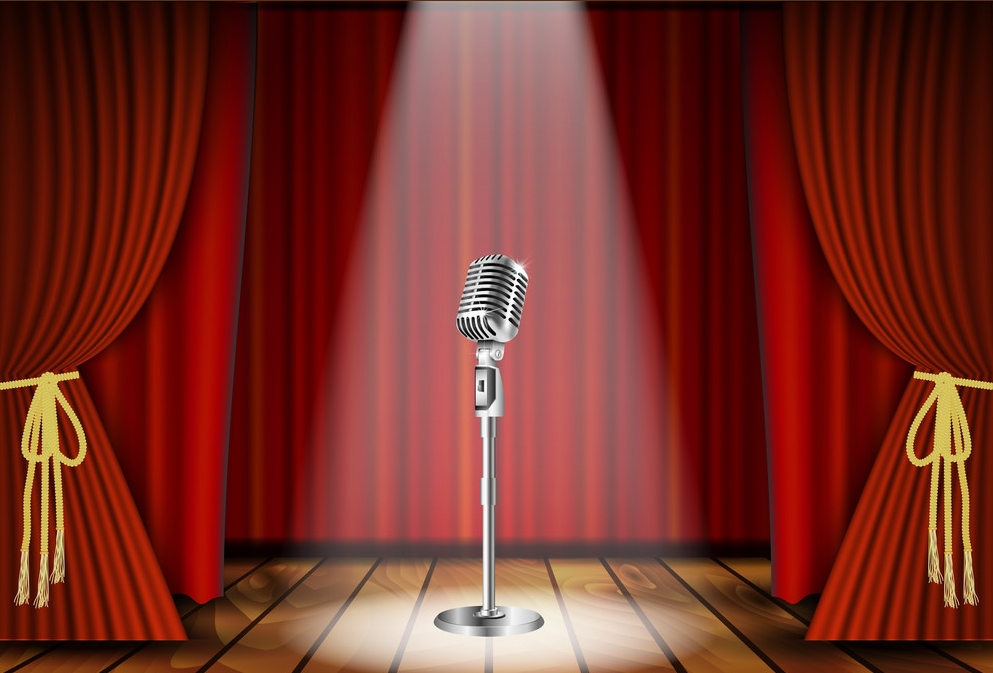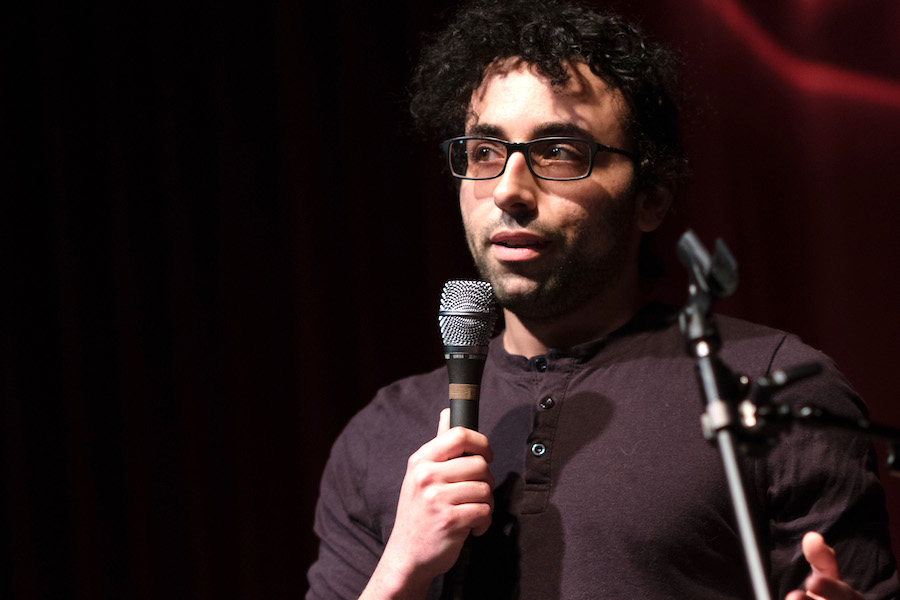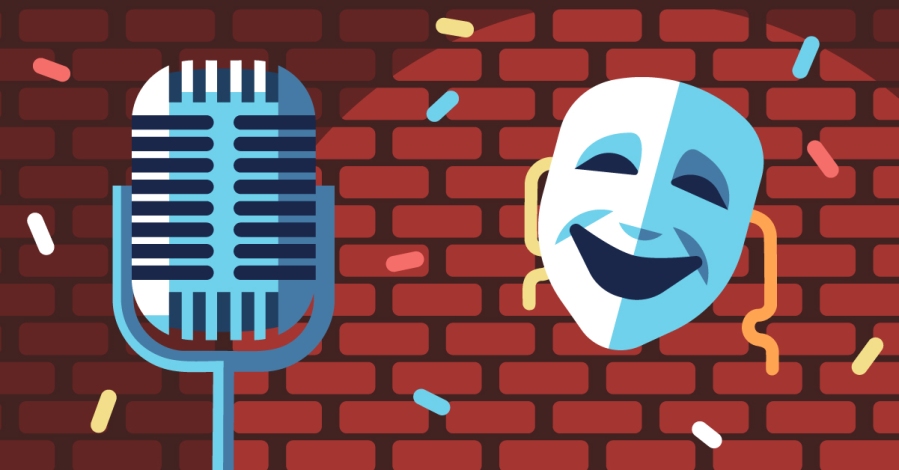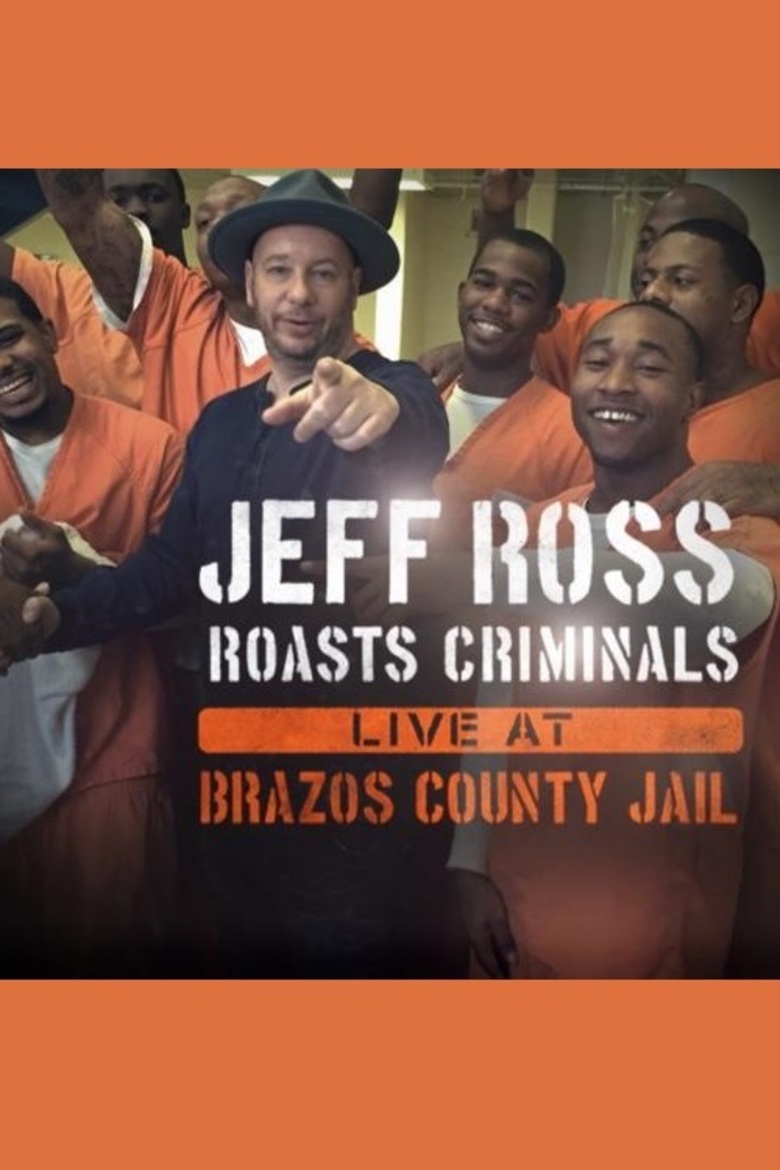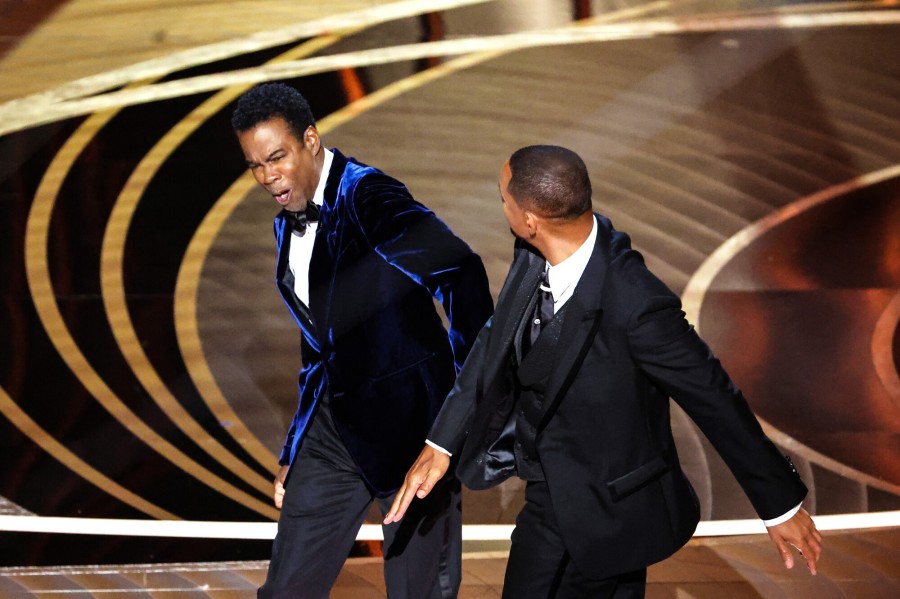The Artificial Intelligence (AI) crisis across the creative industries apparently shows no signs of slowing down anytime soon and now comedy seems to have been thrown into the mix of its hapless targets. Only this time comedy appears to have won the opening battle in its own war with AI, at least going by the lawsuit that has been in the news lately. The said lawsuit was the one filed by the estate of the late comedy legend George Carlin, who died in 2008, against two podcasters for their offending use of AI in the violation of his publicity rights and for copyright infringement.
In the case under discussion, the two podcasters Will Sasso and Chad Kultgen, used “deepfake” technology (which performs a digital imitation of real people) to create an AI character named Dudesy, who mimicked Carlin in a faked comedy special titled “Geroge Carlin: I’m Glad I’m Dead,” which was then posted on YouTube in January 2024. Shortly after the lawsuit was filed by Carlin’s estate in federal court in California, the case was settled on April 1, 2024, with the podcasters agreeing to permanently delete the material from the Internet and to refrain from using his image, voice, or likeness without the appropriate permissions. As of the filing date of the lawsuit, the offending audio routine had garnered more than half a million views on YouTube.
To be sure, the heightened interest of the Carlin estate in the Dudesy comedy special here was entirely predictable. In the recent book “Comedy Goes to Court: When People Stop Laughing and Start Fighting” at chapter Six, (available on Amazon), the author uses the separate cases of the comedian Louis CK and The Three Stooges, to illustrate how the fame of any successful entertainer could continue to generate the “gravy” from any number of sources, including the commercial use of the person’s very name, voice, likeness, and more, even long after the person is no longer alive, in which case the late entertainer’s family or whoever controls their estate takes custody of the copyright to this valuable property interest. Given this, it should not require much imagination to see why the Carlin estate would be quite opposed to the unauthorized Dudesy comedy special, both from a financial point of view or otherwise.
More broadly, and aside from the concrete concerns of the Carlin estate, the use of deepfake technology in this manner throws into sharp relief the nightmare scenario faced by people in creative industries, including actors, singers, comedians and more, who worry about being displaced from their jobs by AI products in a substitution sort of arrangement that renders them unemployed. (Recall, for instance, the long SAG-AFTRA strike that ended last fall.)
The question that then arises is how the newly evolving deepfake technology squares with the law regarding the protection of copyrights and other intellectual property products. In this regard, it bears noting that this sort of unauthorized imitation of a copyrighted product sits at the core of what the copyright law is designed to prevent. And since this imitation by Dudesy is apparently motivated by the commercial interest of the podcasters, it lacks the sort of excuse that could otherwise justify an invasion of someone’s else copyright, typically the “fair use” doctrine, which includes notions of de minimis, market substitution and the like. In the said Carlin audio, Dudesy the AI character explained that he had first “listened to all of George Carlin’s material and did my best to imitate his voice, cadence and attitude as well as the subject matter that I think would have interested him today.” Surely, this indicates that so much of the Carlins’ copyrighted product was taken in the training of the AI character.
In a nutshell, what we have here with the Dudesy comedy special is a naked invasion of a protected copyright that carries with it a strong probability of unfair market substitution of the copyrighted product, not least because the unwary could be led to think they are getting an actual George Carlin comedy performance.
Also, accompanying the copyright violation in this case is the clear violation of the right of publicity which, as discussed in the book referenced above, is one of the important rights that fall into the estate of a deceased celebrity, and this right is of the sort that simply cannot be utilized by someone in the position of the podcasters without the permission of the copyright holder’s estate. Long story short, this appears to be an open-and-shut case of copyright violation and publicity rights violation by the podcasters. No wonder the podcasters quit the fight early with a promise to be on their best behavior and not to re-offend. Good riddance, one might say.
So, what, if any, are the lessons here for the creative community? Short answer: AI can be checkmated by the copyright law when it goes too far in the imitation of protected works in comedy and other creative spaces. Same thing for invasion of publicity rights. The flip side here, though, is that not everything is protected by the copyright regime. Thus, AI being an evolving technology may yet find some less brazen way to infiltrate this protected territory and thus cause discomfort, especially if the pesky technology is being deployed not for a wholesale takeover or substitution of the protected material but rather as an aid in the process of creating something else inspired by it.
Yet, if or when that happens, the good news is that due to the increasingly observational and experience-based nature of contemporary comedy, a rather unique and even personal bond tends to develop between comedians and their audiences, a sort of dynamic in which the interposition of AI might be truly problematic. Apparently not so for comparable creative endeavors like movies and music where the odds of displacement by AI seem greater, and this is unfortunate.
In the end, whether the just-repelled AI invasion of the comedy space will get a second life at some future date or occasion is the sort of question that only time will answer. For now, though, thanks to the Carlin estate lawsuit, comedy sure seems to have won a big victory worthy of a genuine celebration.
Editor’s Note: The new book “Comedy Goes to Court: When People Stop Laughing and Start Fighting“, is now available on Amazon and at bookstores. Go get your own copy of the new bestselling book today and, of course, enjoy the read!
